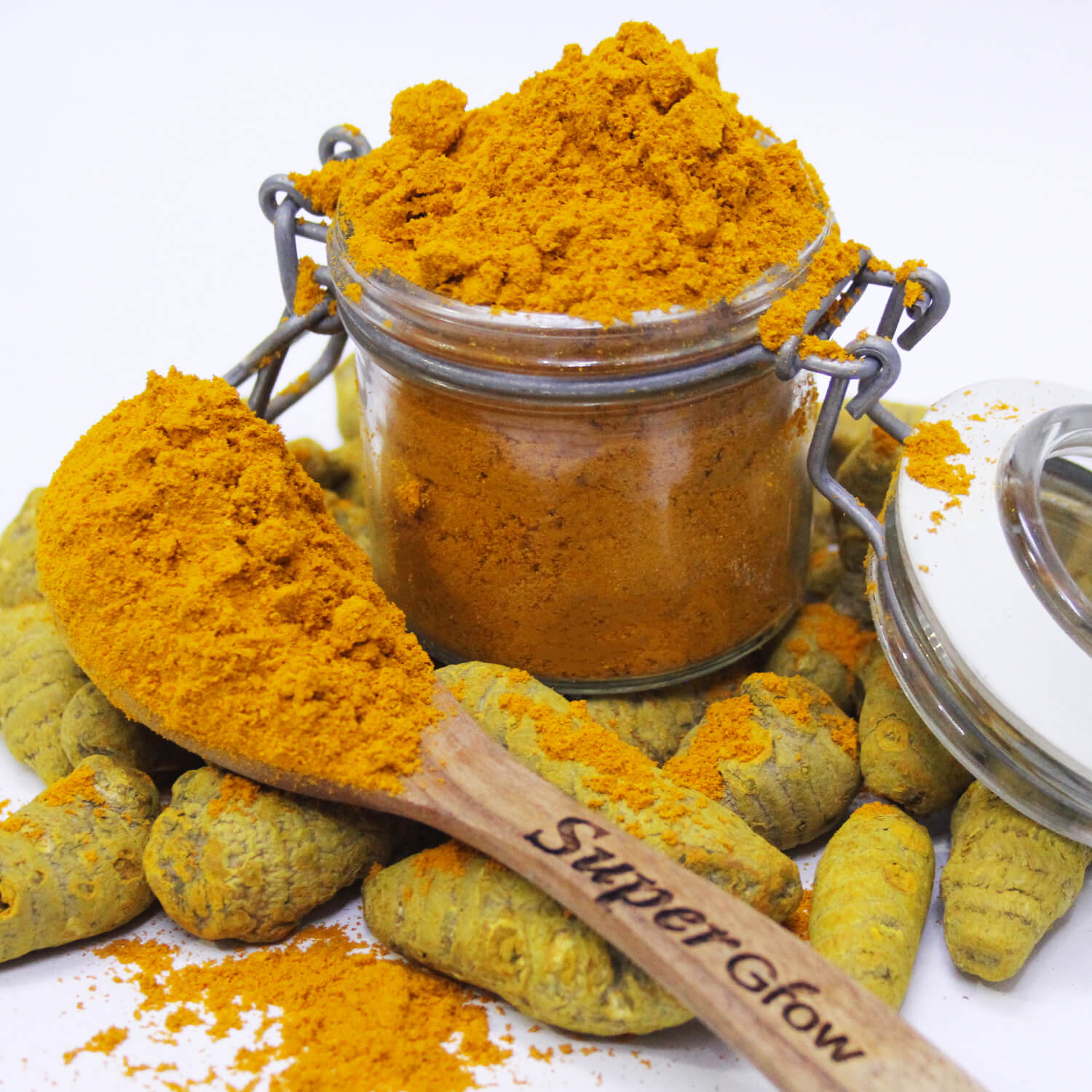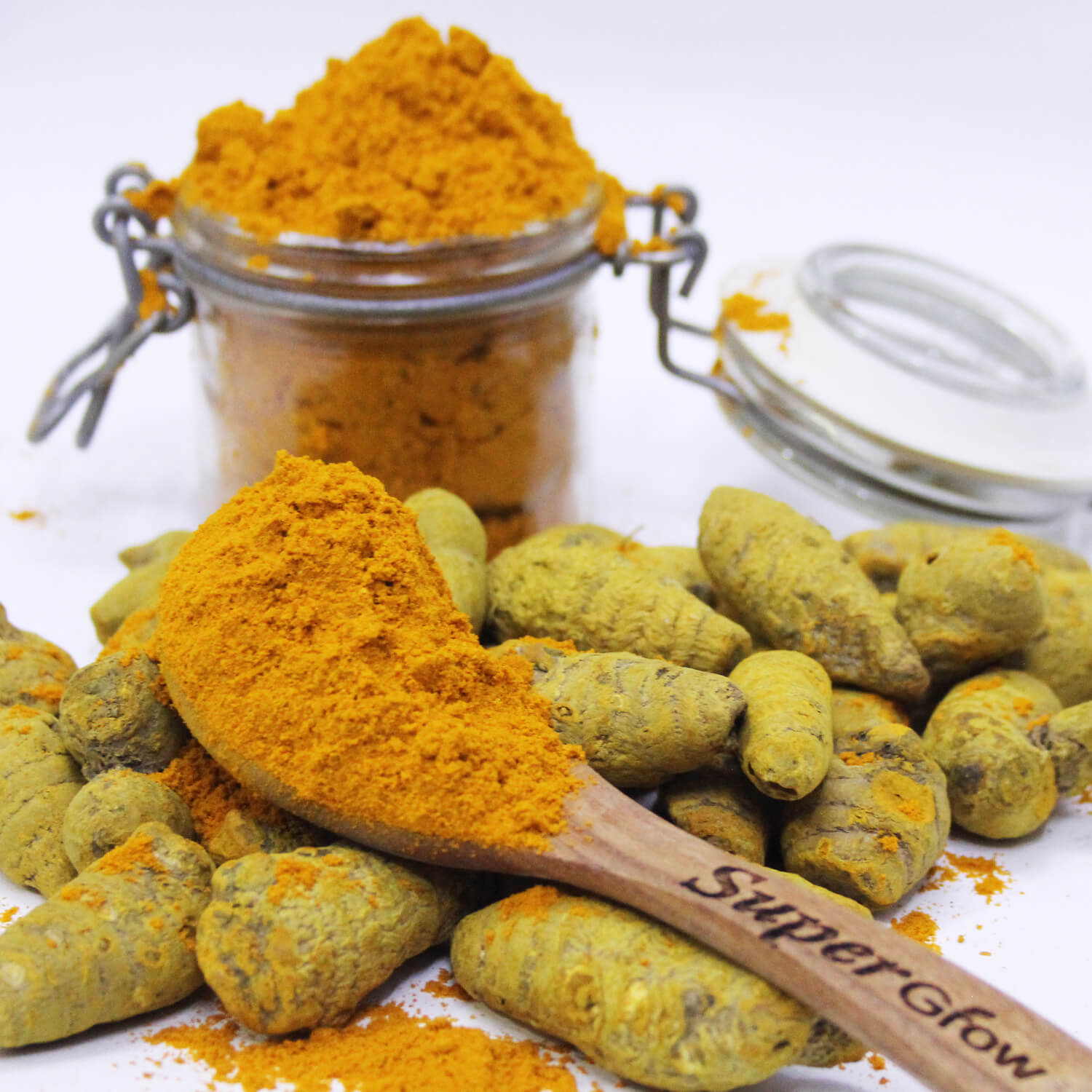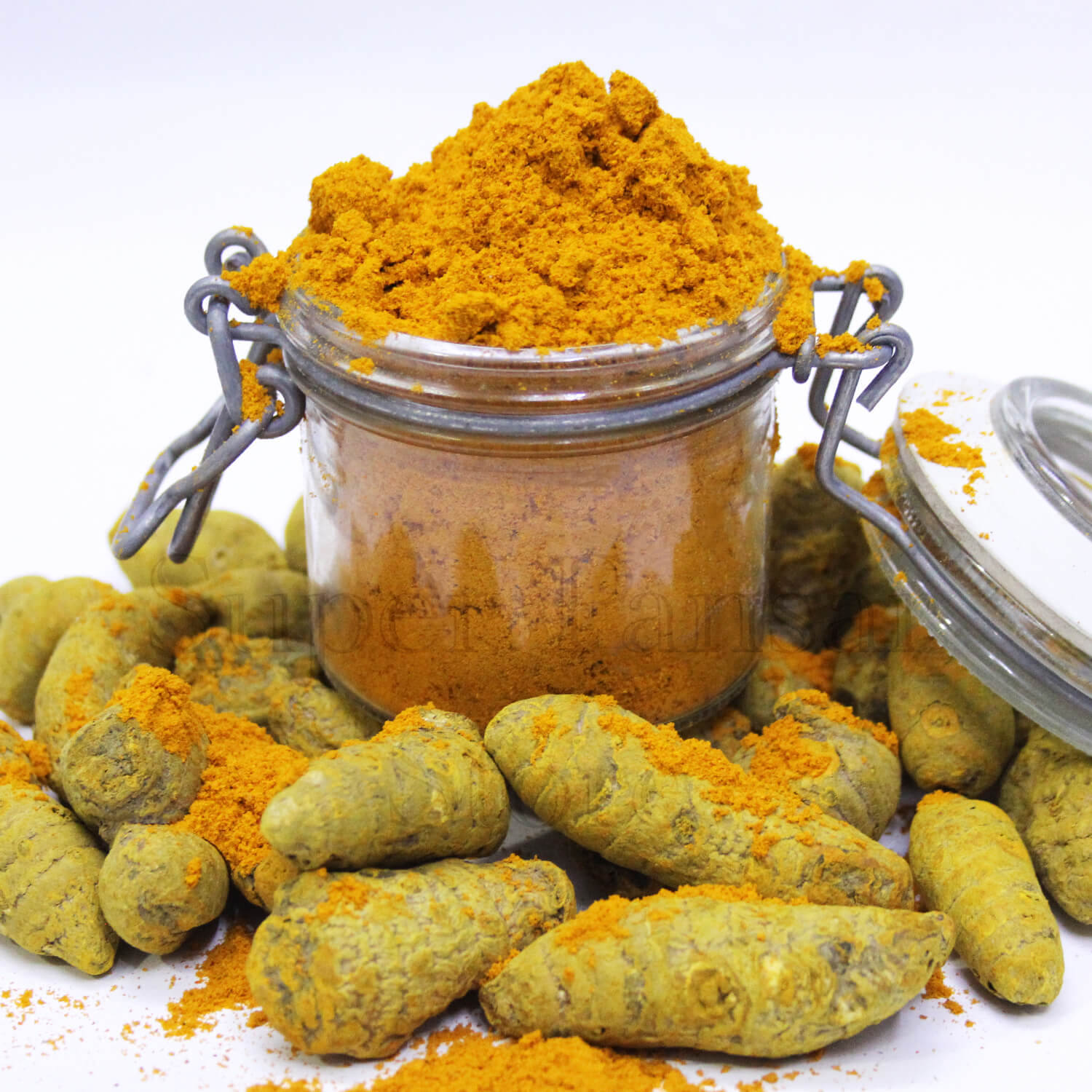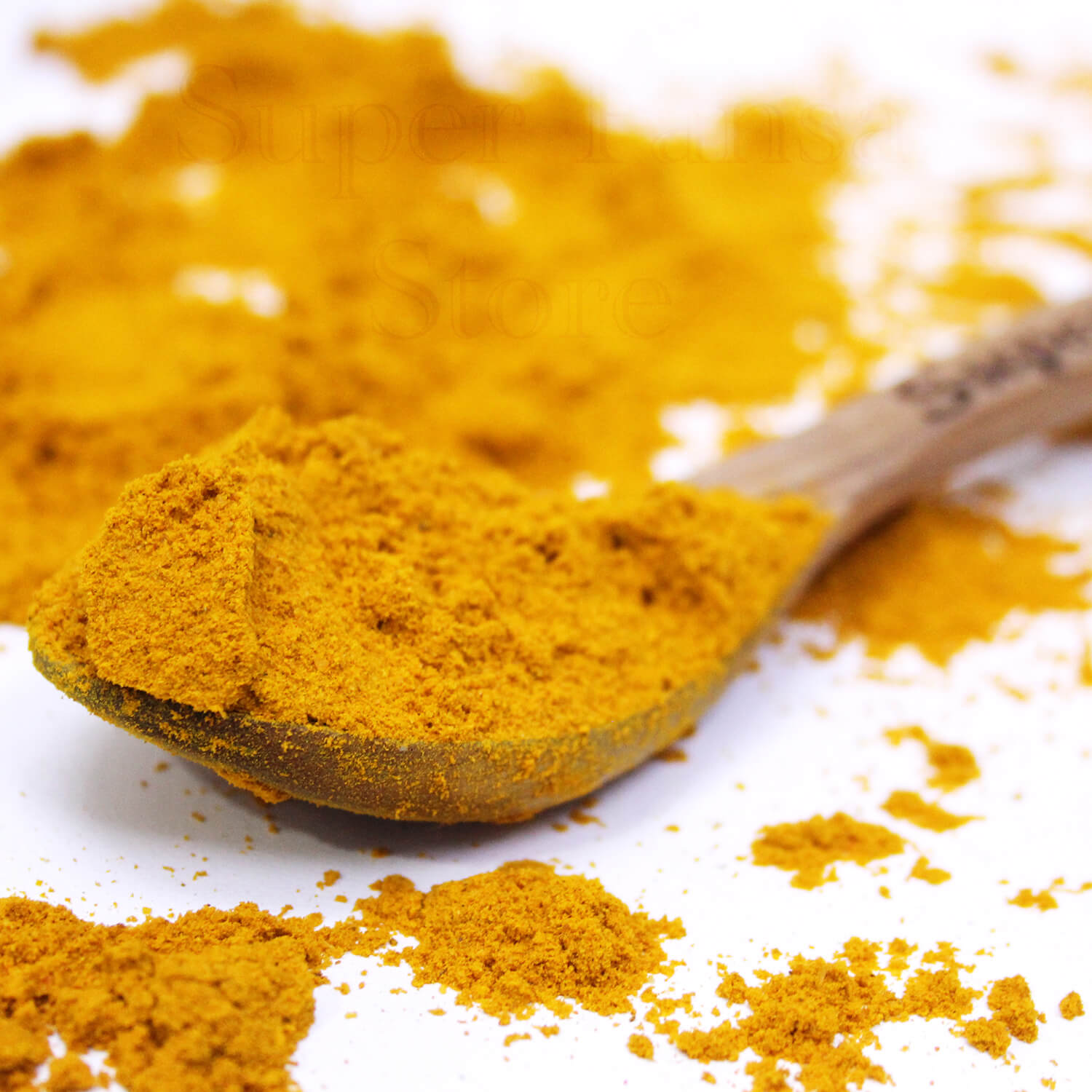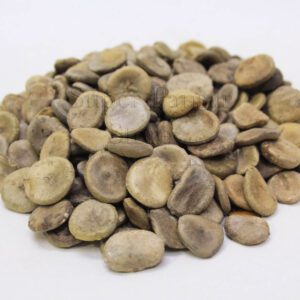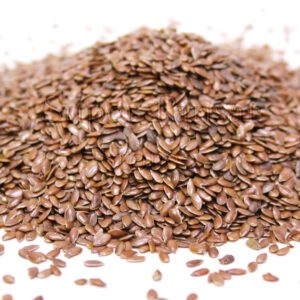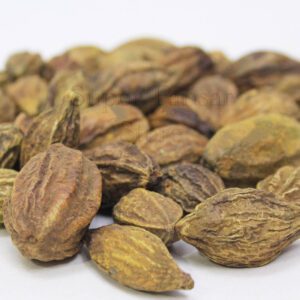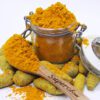Turmeric (Haldi) ہلدی
₨ 150 – ₨ 1,250
- Premium Quality
- Fresh
- Organic
- Safely processed and packed
Overview
White pepper is a spice that comes from the same berries as black pepper (Piper nigrum). The main difference between the two lies in the processing method and the outer layer of the peppercorn. White pepper is made from fully ripe berries with the outer husk removed, while black pepper is made from unripe green berries.
Benefits
Anti-Inflammatory Properties:
Curcumin, the main active ingredient in turmeric, has potent anti-inflammatory effects. Chronic inflammation is believed to contribute to many common diseases, and curcumin may help counteract this process.
Antioxidant Activity:
Turmeric is rich in antioxidants, which help neutralize free radicals. Free radicals can damage cells and contribute to aging and various diseases.
Joint Health:
Some studies suggest that turmeric’s anti-inflammatory properties may help alleviate symptoms of osteoarthritis and rheumatoid arthritis, potentially reducing joint pain and stiffness.
Heart Health:
Turmeric may have cardiovascular benefits, including improving the function of the endothelium (the lining of blood vessels), which could help regulate blood pressure and reduce the risk of heart disease.
Brain Health:
Curcumin has been studied for its potential neuroprotective effects. It may cross the blood-brain barrier and has been associated with a lower risk of neurodegenerative diseases.
Cancer Prevention:
Some research suggests that curcumin may have anti-cancer properties. It could inhibit the growth of cancer cells and prevent the development of tumors. However, more research is needed in this area.
Digestive Health:
Turmeric has been traditionally used to support digestion. It may help stimulate bile production and reduce symptoms of indigestion and bloating.
Anti-Depressant Effects:
Some studies suggest that curcumin may have antidepressant effects by increasing levels of brain-derived neurotrophic factor (BDNF) and serotonin.
Diabetes Management:
Curcumin may help regulate blood sugar levels and improve insulin sensitivity, which could be beneficial for people with or at risk of type 2 diabetes.
Skin Health:
Turmeric has been used topically for skin conditions. Its anti-inflammatory and antioxidant properties may help with conditions like acne, eczema, and psoriasis.
Uses
Curries:
Turmeric is a key ingredient in curry powder, giving Indian and Southeast Asian curries their characteristic color and flavor.
Rice Dishes:
Turmeric can be added to rice during cooking to impart a golden hue and a mild, earthy flavor. This is often done in dishes like biryani.
Vegetable Stir-Fries:
Turmeric is commonly used in vegetable stir-fries, both for its flavor and its vibrant color.
Soups and Stews:
Turmeric adds depth of flavor and color to soups and stews. It pairs well with lentils, beans, and various vegetables.
Roasted Vegetables:
Sprinkle turmeric on vegetables before roasting to enhance their flavor and give them an appealing color.
Eggs:
Add a pinch of turmeric to scrambled eggs or omelets for color and flavor. It pairs well with other spices like cumin and coriander.
Smoothies:
Some people add a small amount of turmeric to smoothies for its potential health benefits. It pairs well with fruits like mango and pineapple.
Tea:
Turmeric tea, often known as golden milk, has gained popularity for its potential health benefits. It is made by combining turmeric with milk and other spices like ginger and cinnamon.
Marinades:
Turmeric can be included in marinades for meat, poultry, or fish. It not only adds flavor but also imparts a rich color.
Salad Dressings:
Incorporate turmeric into homemade salad dressings for a unique flavor and a burst of color.
Grains and Legumes:
Use turmeric in dishes with grains like quinoa or in recipes with legumes such as lentils or chickpeas.
Additional information
| Form | Whole (ثابت), Grounded (کٹی ہوئی), Powder (پسا ہوا) |
|---|---|
| Weight | 50 Grams, 100 Grams, 250 Grams, 500 Grams, 1000 Grams |

